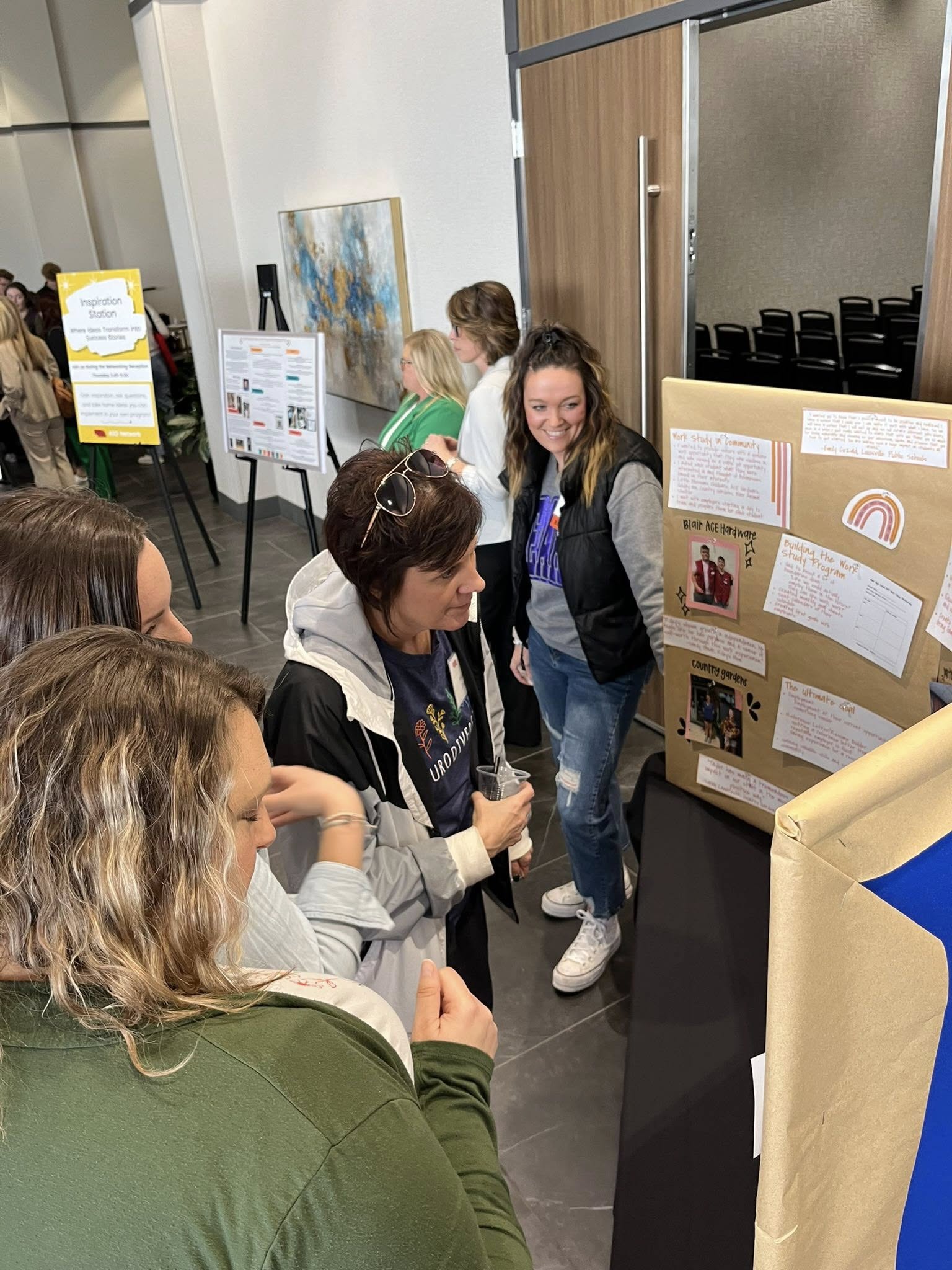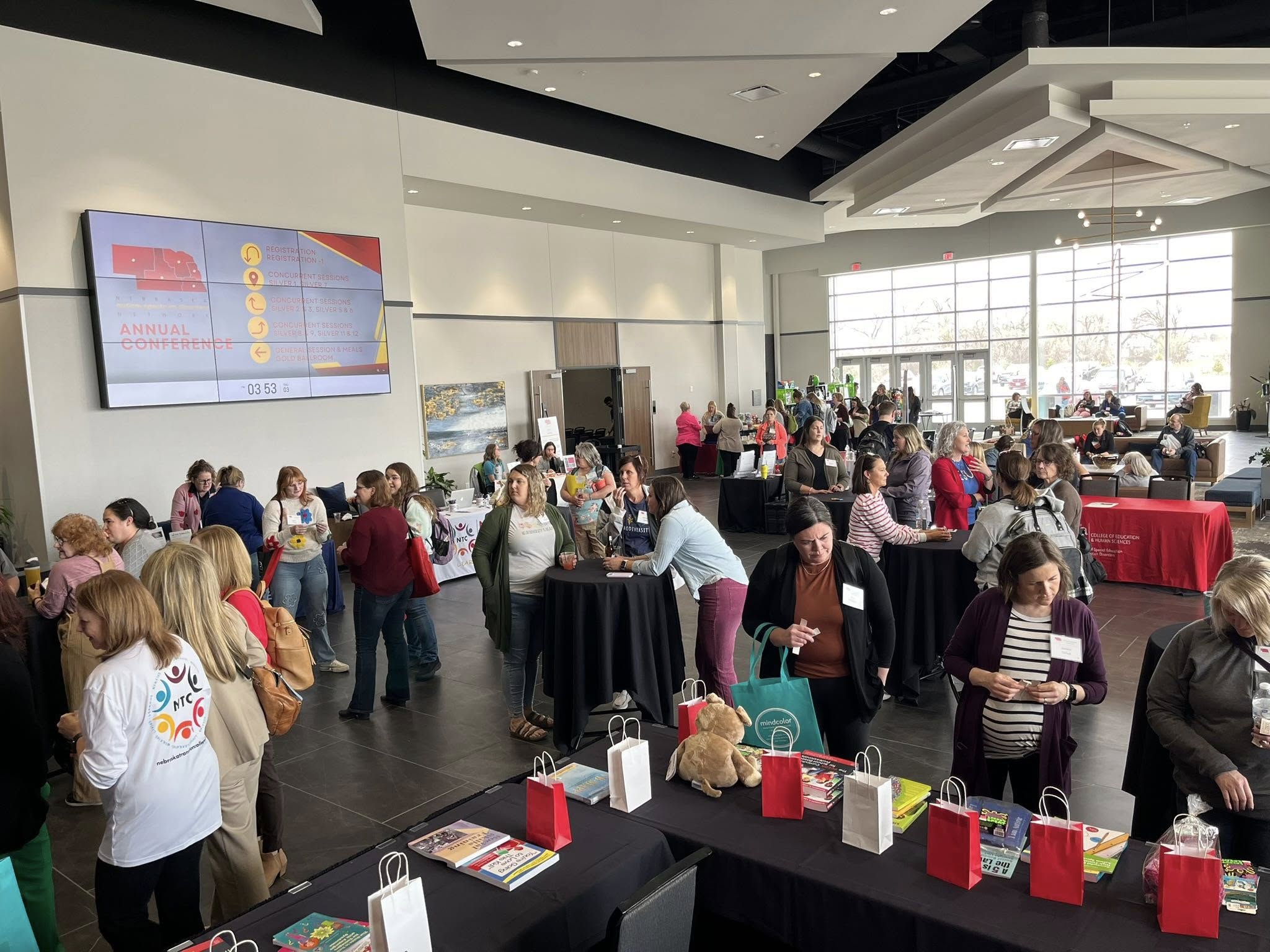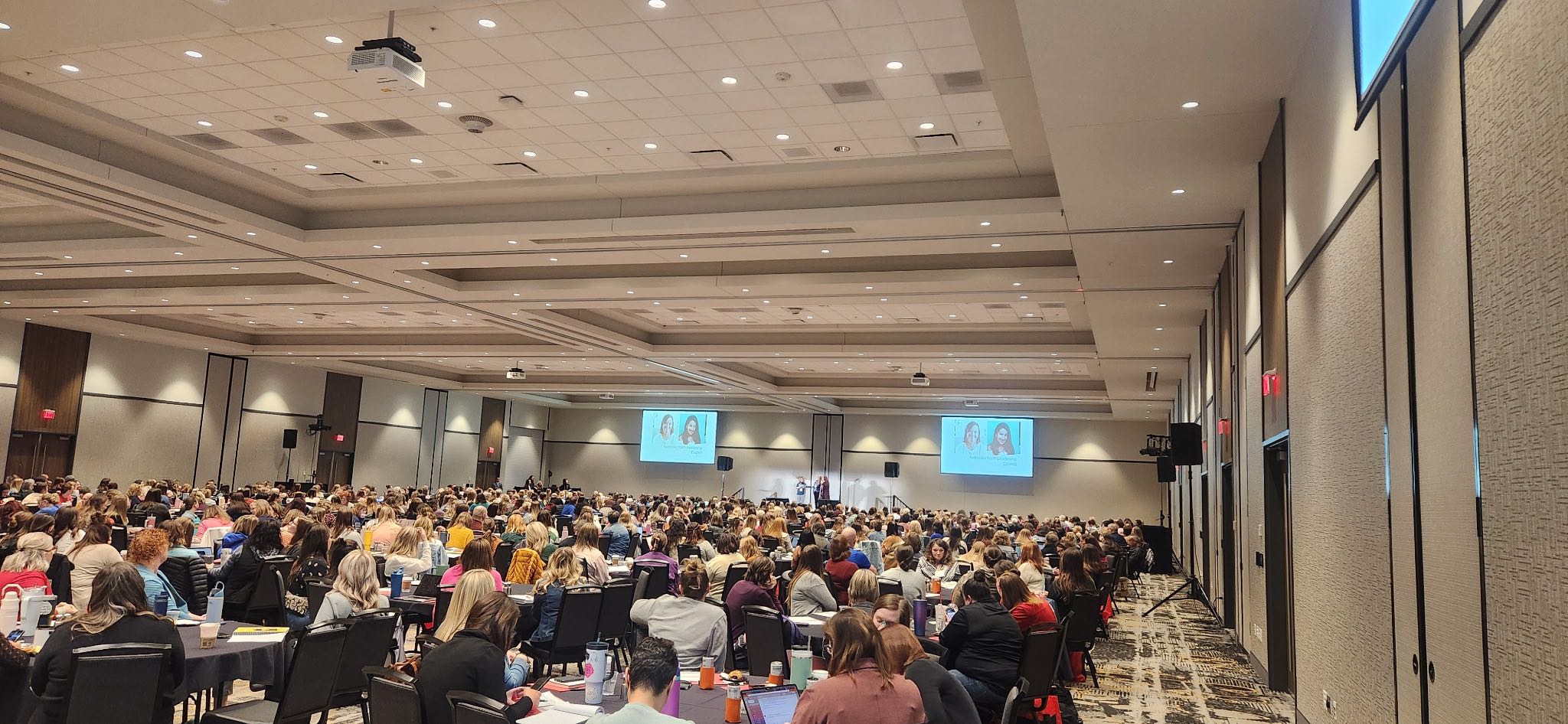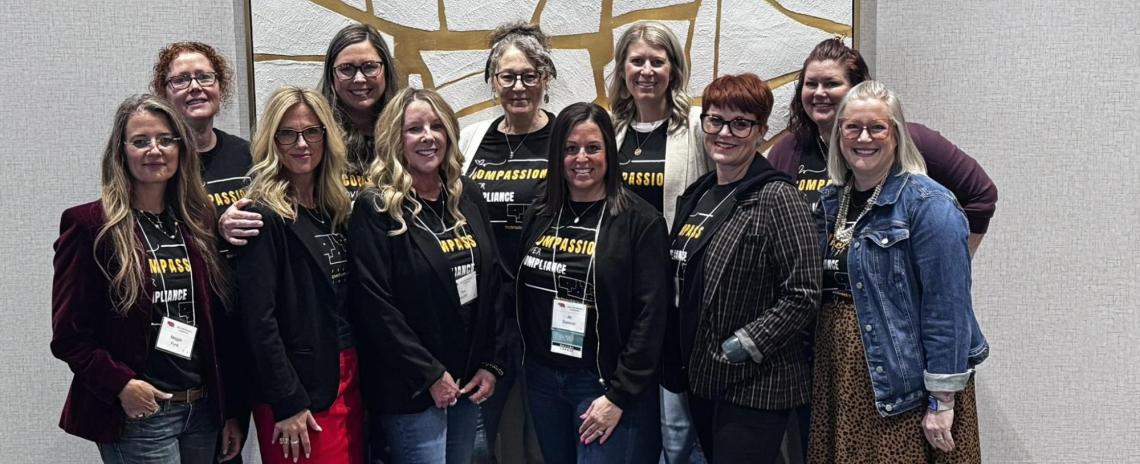Building Support, Changing Lives: Nebraska’s ASD Network and 23 years of impact
Building Support, Changing Lives: Nebraska’s ASD Network and 23 years of impact
By Tyler Dahlgren
Numbers can not only help paint a picture, they can also tell a story.
The story of the Nebraska Autism Spectrum Disorder (ASD) Network begins back in 2002, when the Nebraska Department of Education (NDE) set out to further support local school districts, Educational Service Units (ESUs), and parents/caregivers of children, birth-21yrs, with autism or related characteristics.
Annette Wragge was an Early Childhood Special Education Teacher for Crete Public Schools before taking on a Regional Coordinator position with the ASD Network. Though the understanding and definition wasn’t as comprehensive as it is now, autism was undoubtedly present in schools, and Wragge took an interest during her time in Crete. She had just earned a master’s degree from UNL when the regional coordinator position was made available.
Then Crete superintendent Kyle McGowan encouraged Wragge to go for it. She did, and it turned out to be a good decision. Wragge has been with the network for 23 years.
Time spent in the classroom still serves as a foundation for NE ASD Network’s State Coordinator.
“If it was not for the kids, I would not be doing this,” said Wragge. “I loved trying to understand what worked for kids with autism–and certainly for other kids with any disability–but just understanding what motivated them, how they learned and how they processed the world just made those students really enjoyable to teach and to interact with. I loved it.”
Wragge credits NDE’s vision at the outset for the network’s sustainability. Now, thanks to Amy Rhone and the NDE Office of Special Education, there are five behavior specialists (Board Certified Behavior Analysts) in each region and a state behavior specialist. The regional model allows for statewide connectivity, and the network’s continuous growth has come from necessity.
“The needs are great,” Wragge said. “The numbers of individuals with autism are certainly not decreasing. There’s been a steady increase. The numbers of individuals engaging in severe behavior, or that have severe behavior support needs, are increasing.”
Numbers tell a story, and Wragge recently submitted a mid-year report that included some eye-opening figures. In just over half a school year, the NE ASD Network received 165 referrals and served 92 school districts. Those 165 referrals led to more than 900 in-person or virtual activities, a stark difference from 23 years ago.

“In the early years, much of our work focused on providing introductory information about autism,” said Wragge. “We offered a lot of introductory training to school and families on ‘What is autism? What are the characteristics? And how do we support students with autism to ensure they’re receiving free and appropriate public education?’ In the last twenty plus years, it’s really shifted to tiered supports.”
The ASD Network team provides training on universal supports and foundational strategies that are beneficial for all students in a variety of settings. A significant portion of their time in 2025 will be devoted to intensified, individualized supports and emerging severe behavior consultation. They support schools through a streamlined student-specific regional referral process, with five Educational Service Units utilized using regional grants and UNL housing the state grant.
The five regional directors, Jessica Broderick (Western), Jean Anderson (Central), Tami Clay (Northeast), McKayla LaBorde (Metro) and Michele Rayburn (Southeast), are nothing short of phenomenal, said Wragge. They’re informed, committed, and they put their hearts into the work.
“They are very crucial to the success of the network,” Wragge said. “We’ve done a tremendous amount of our own professional development to provide good consultation around autism and severe behavior, and they support those kinds of things. We also have tremendously committed special education teams across the state. They’re the reason that we’re able to keep kids in districts and, honestly, I’m just so proud of the state. It’s really all of those people doing great work that makes it work.”
Last Thursday and Friday the NE ASD Network held its 22nd annual state conference, drawing more than 700 special education teachers and leaders to Kearney, plus another 200 who attended virtually. There’s another one of those staggering numbers that tells a story. That kind of attendance in a state Nebraska’s size is unheard of and, added Wragge, a little mindblowing.

“Our special education directors and teachers in Nebraska are amazing,” Wragge said. “They’re kind of a liaison for us with building principals to say, ‘This is a no-cost referral.’ We are not charging districts for our services. We give as much individualized consultation and training as we can, whether in person or on Zoom. It’s a hybrid model that works well.”
This year’s Nebraska ASD Network State Conference, which included renowned keynote speakers and disability advocates Tim Harris and Dr. Erik Carter, received overwhelmingly positive feedback from attendees. One conference-goer referenced the panel discussion between females with autism as the best they’d ever heard.
“The female panel was excellent,” wrote another. “They were inspirational to so many people, especially the youth in attendance. Tim Harris was great to listen to. His story was amazing. Erik Carter was excellent, too. His education and expertise were great.”
Consultation and training, those are the two hats the network wears. And they wear them well, thanks to a state that’s full of dynamic, talented people, from teachers to speech language pathologists to paraeducators, carrying out the work for the good of their students every single day. Like the NE ASD Network team, they too take a compassionate and relational approach.
“We place a high priority on working with a team,” said Wragge. “It’s better if we’re all at the table. Let’s work with parents. Let’s work with community providers. Let’s invite everybody to the table. This takes a village.”



